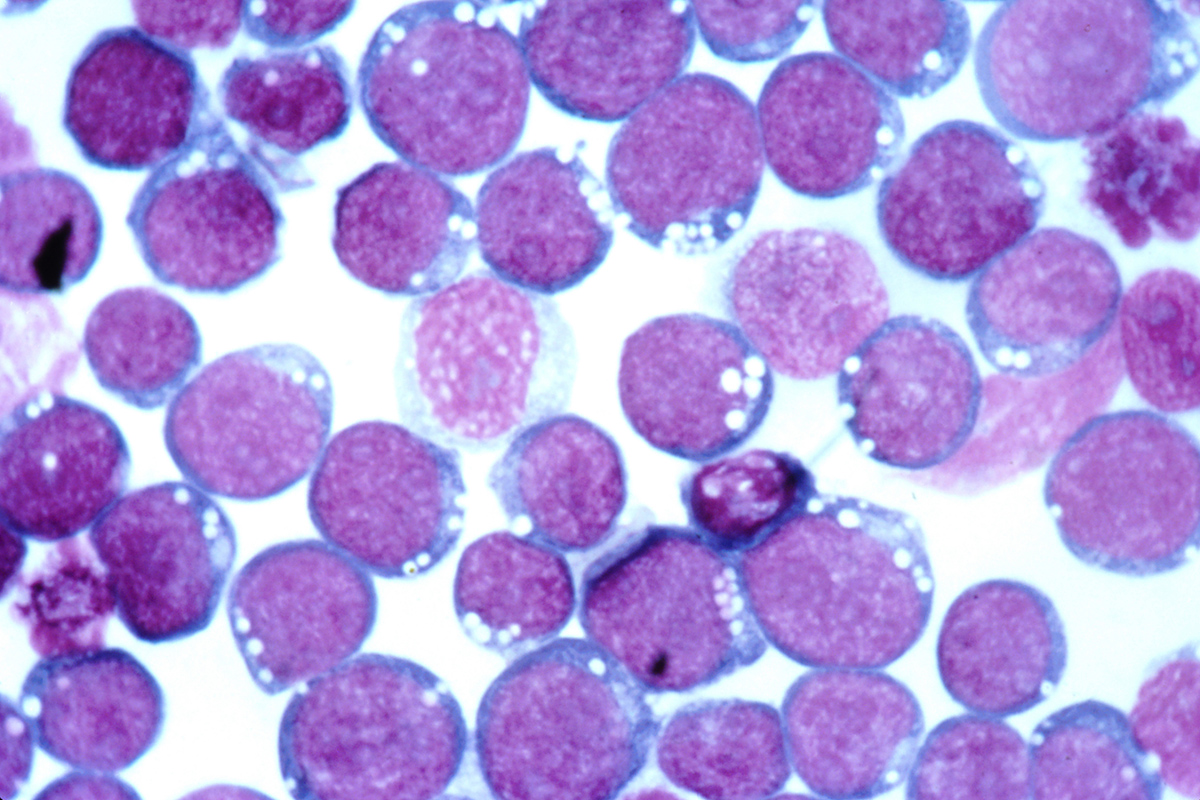
Introduction
A member of the family of herpes viruses is called The Epstein-Barr virus or EBV and it is one of the most common types of viruses everywhere around the world. Numerous scientific studies have shown that up to 95% of the world’s population has antibodies against this specific type of virus, which all leads to the conclusion that EBV infects almost all human beings around the world. In most cases, an EBV infection goes completely unnoticed or it manifests only the mildest of symptoms. There are also cases where the infection can be associated with certain more or less severe medical conditions, which may sometimes even include certain types of cancer. Both mild and severe instances of EBV infections can be associated with certain types of serious complications. In most cases the virus affects the lymphocytes, which are known for being in charge of the immune response, but it may also affect any other part or organ inside the body.
Manifestations
The Epstein-Barr virus is easily transmitted by contact between persons. Initial infection does not always have to be associated with any symptoms. The infection may be manifested in various ways, but there are a few most common ones and those include infectious mononucleosis, common cold, ear infections, diarrhea and other gastrointestinal symptoms. Infectious mononucleosis is the most common condition out of all conditions which can be associated with EBV and it is also often referred to as mono. It can easily be characterized by certain symptoms such as high fever, enlarged lymph nodes in the neck, inflamed throat, inflamed tonsils and extreme fatigue. Some symptoms may resolve in a matter of a few days while some others may last for weeks. The Epstein-Barr virus may also sometimes be associated with certain types of neurological disturbances, and various different types of abnormalities of the coagulation and blood circulatory systems.
Complications
Complications triggered by EBV infections are not that common, but they may be very dangerous if they are not treated on time. Among the most dangerous complications associated with EBV infections are the rupture of the spleen and obstruction of the airways triggered by enlarged lymph nodes and swollen tissues which surround them. EBV can also sometimes be associated with the development of certain lesser known medical conditions such as rare cases of T-cell lymphoma, non-Hodgin lymphoma, nasopharyngeal carcinoma, Hodgin lymphoma and Burkitt’s lymphoma. It can also be associated with post transplant lymphoproliferative disease as well.

















Your thoughts on this
Loading...